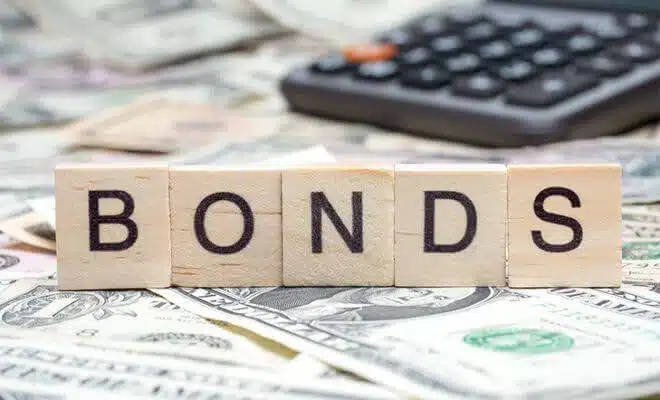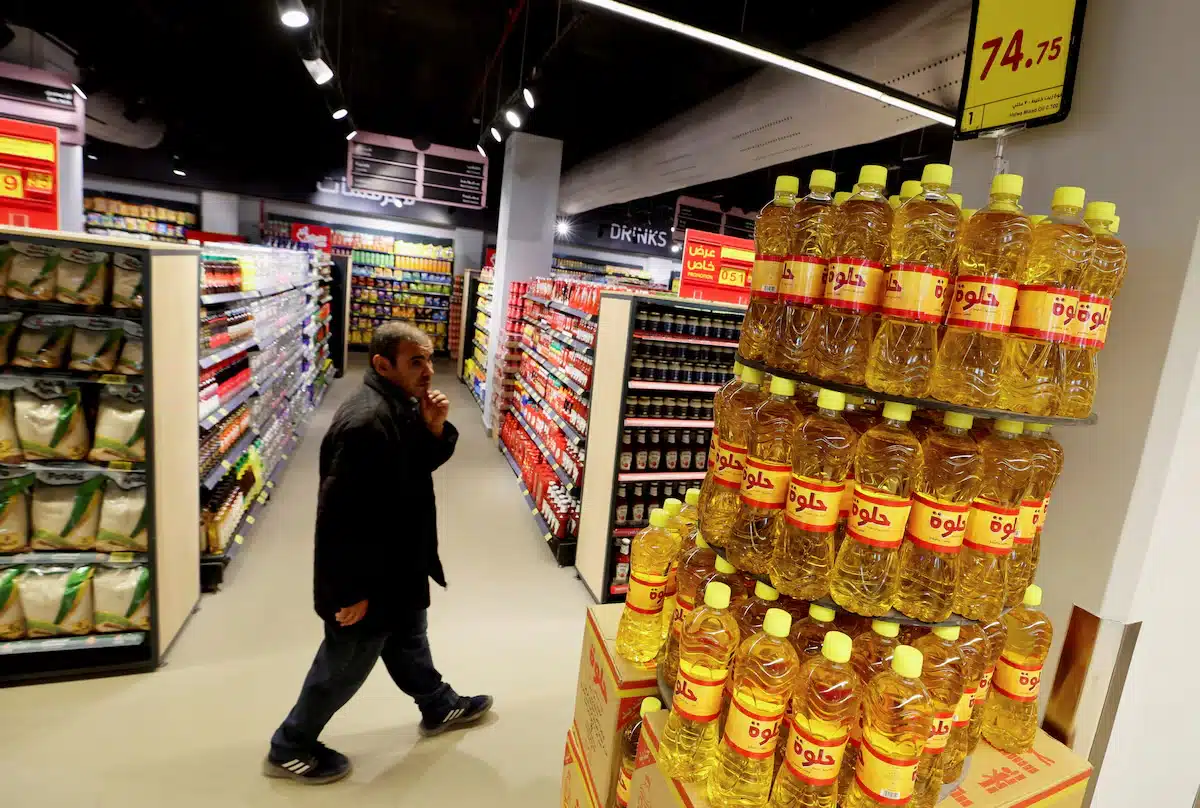Nigeria’s Islamic debt instrument, known as the Sukuk bond, has attracted over N2.2 trillion ($1.3 billion) as investors jumped on the 19.7% interest offer, the country’s debt office said on Wednesday.
The African nation issued the bond two weeks ago with hopes of raising N300 billion for infrastructure projects across the country.
The instrument, however, attracted a 735% oversubscription, indicating a clear “investor appetite” for the country’s domestic capital market.
“The Series VII Sovereign Sukuk, through which the Debt Management Office (DMO) offered ₦300 billion, on behalf of the Federal Government of Nigeria (FGN), recorded an unprecedented subscription level of over ₦2.205 trillion. This represents an excess of 735% subscription,” the statement read.
According to the Debt Management Office (DMO), subscribers cut across various sectors of the economy, including retail investors, non-interest banks and financial institutions, conventional banks, pension fund administrators, and asset/fund managers.
Nigeria, which has been struggling to meet its budget shortfalls due to a decline in global oil prices, recently announced plans to raise over $21 billion in foreign facilities and over $440.8 million in dollar-denominated bonds.
Bola Tinubu, Nigeria’s president, wrote to the parliament on Tuesday, seeking immediate approvals for these loans.
The loans will cover over 60% of the 2025 budget, as the government races to close the country’s infrastructure gap and meet its budgetary obligations.
The Sukuk offer was opened on Monday, May 12, 2025, and closed on Tuesday, May 20, 2025, with the settlement date scheduled for Friday, May 23, 2025.
In May 2023, Nigeria removed the lingering fuel subsidy and harmonised its currency with global standards in one of its most difficult economic reforms in decades.
As a result, the country plunged into an economic crisis, triggering nationwide protests and multiple strike actions by its labour union.
The economy, however, rebounded in the last quarter of 2024, with its gross domestic product (GDP) rising to 3.8%.
Meanwhile, Nigeria still battles with record-high inflation and a cost-of-living crisis, as the economy is yet to fully regain its footing.







